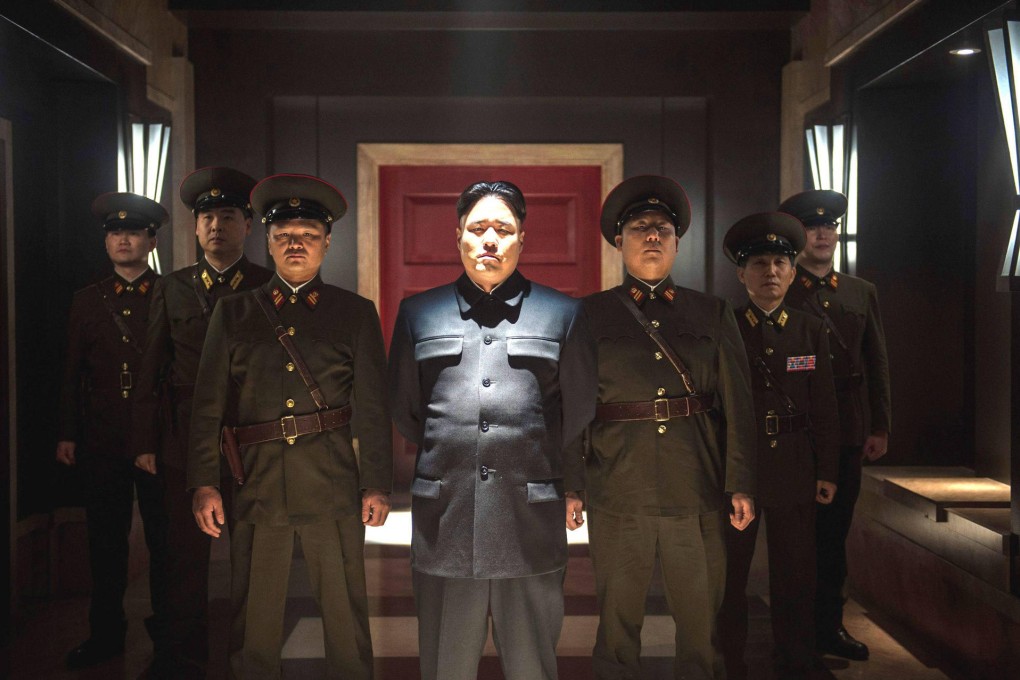After The Interview cyberattack, Hollywood will choose its villains with care
Where will Hollywood find its bad guys after The Interview? Daniel Miller and Josh Rottenberg ask the experts

There are few things Hollywood loves - or relies on - more than a good villain. From Charlie Chaplin's (1940), which took satirical aim at Adolf Hitler as the second world war raged, to countless cold war-era pictures featuring Soviet or Russian bad guys and more recent movies centred on Middle Eastern terrorists, filmmakers have routinely taken aim at the enemies of America - and sometimes drawn controversy for it.
But any uproar in the past has easily been eclipsed by the fallout from Sony Pictures Entertainment's .
The comedy about a fictional assassination attempt on North Korean leader Kim Jong-un has been linked to a crippling cyberattack on Sony Pictures by hackers who call themselves the Guardians of Peace and who have also suggested that they will attack any cinemas screening the film.
The firestorm signals that the industry may be entering a new era in which the villains that filmmakers choose to focus on - particularly foreign nationalities or sitting world leaders - will be scrutinised more closely than ever.
North Korea - which has appeared as the villain in several Hollywood productions in recent years, including 2002), (2004), (2005), and (2013) - first threatened retaliation over in June 2014, calling it tantamount to "an act of war". The hackers who took responsibility for the data breach made public on November 24, have not been directly linked to North Korea, but their demand to Sony was to not release the film.

